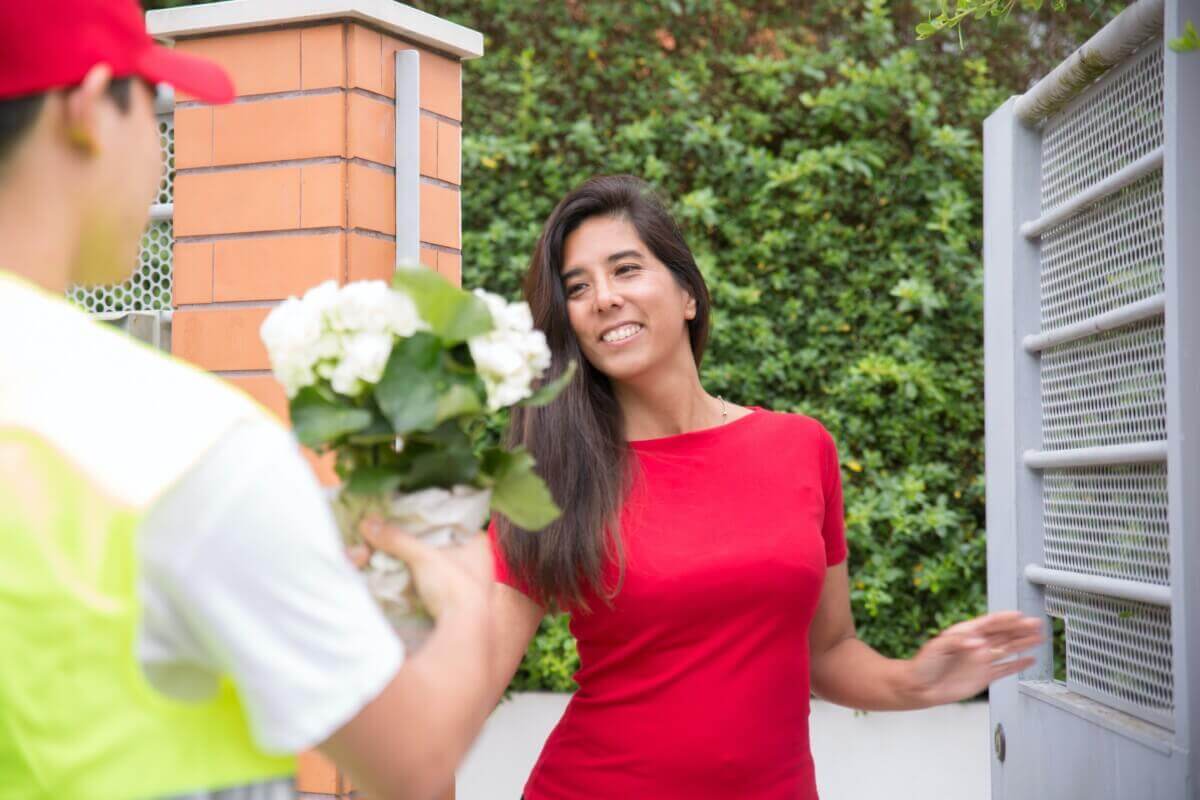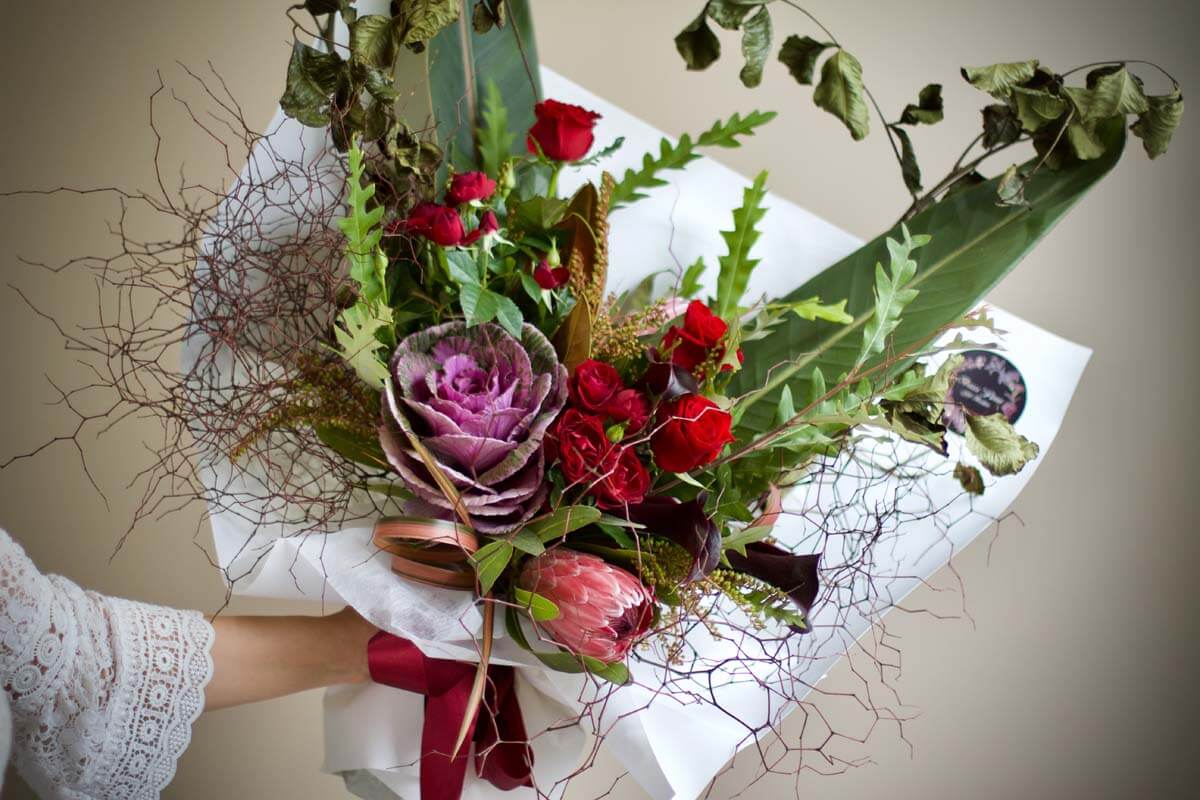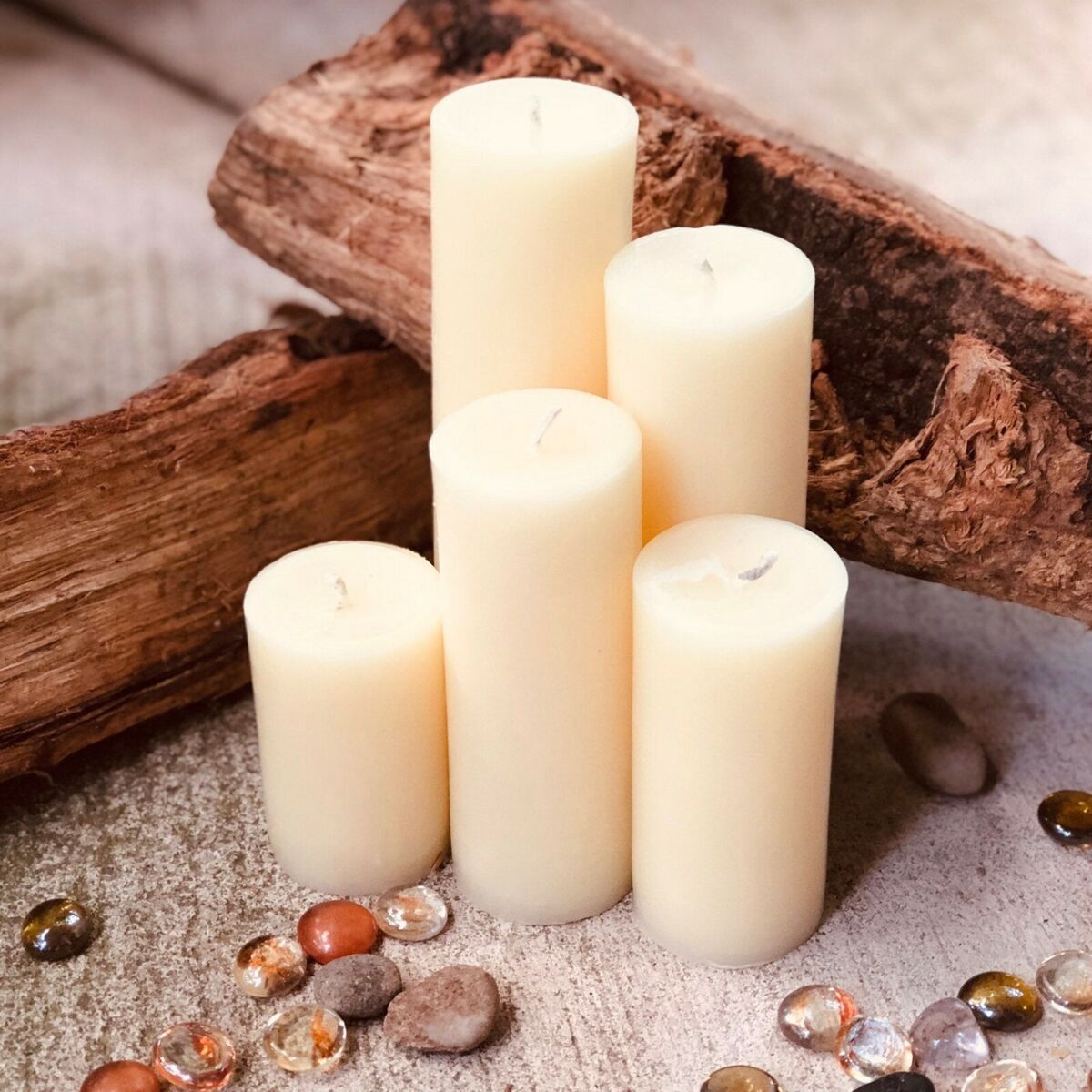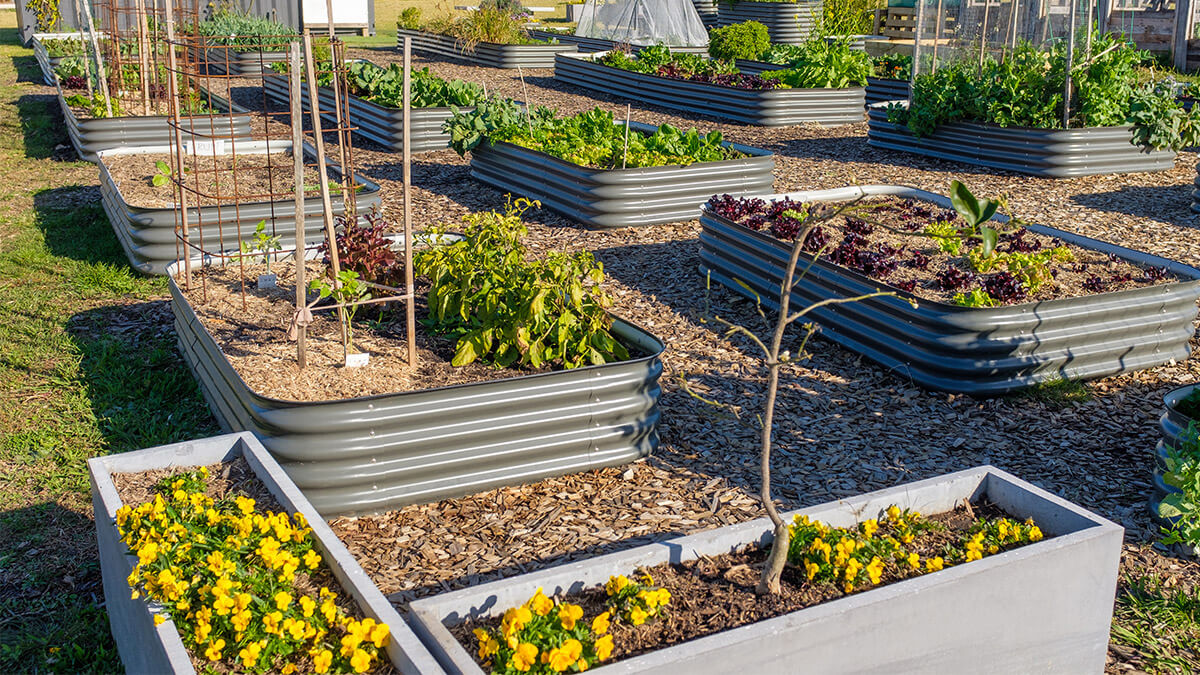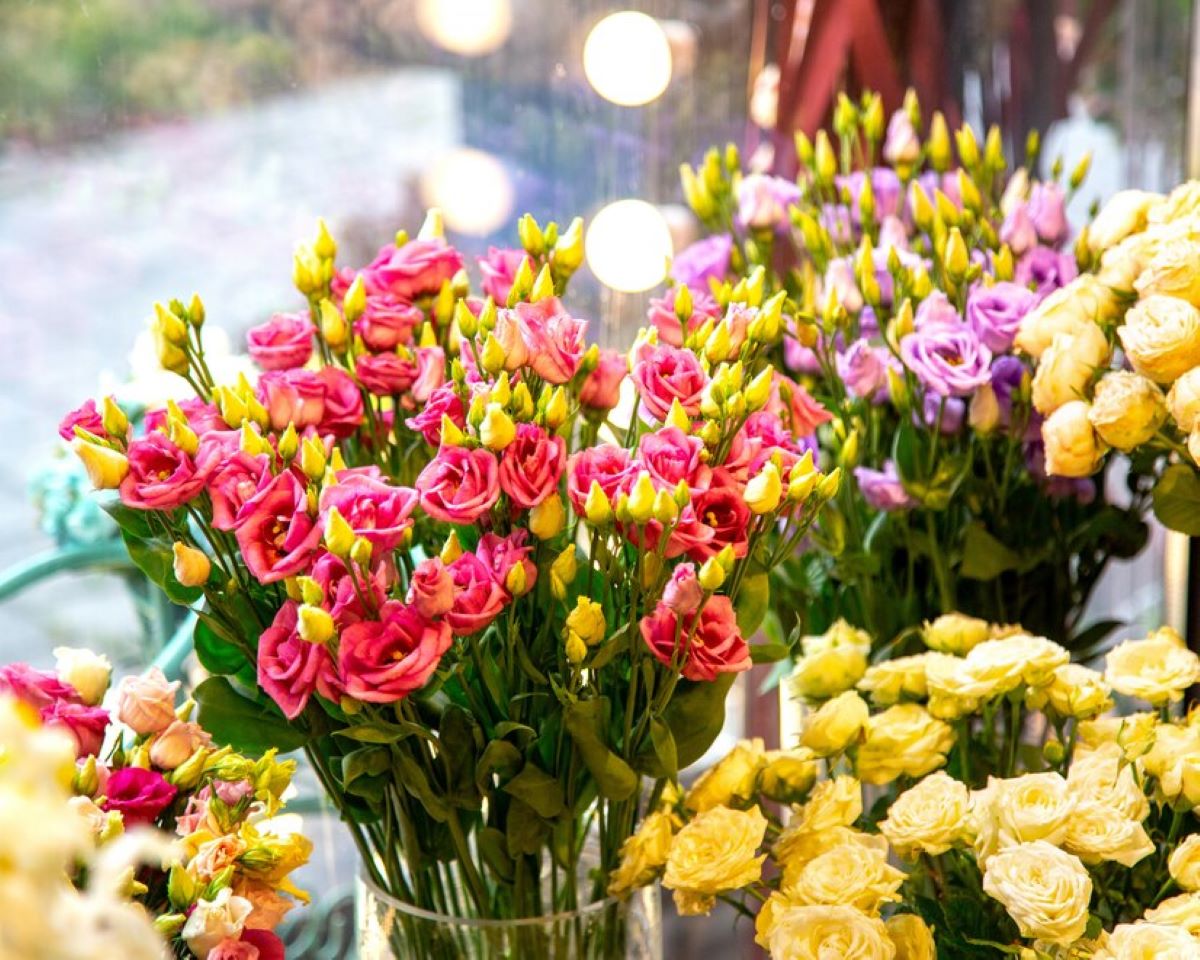Discover Our Services
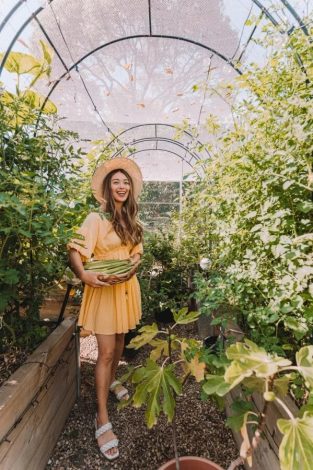
Seasonal Gardening Guides
Stay informed with our easy-to-follow seasonal guides that cover the best planting practices, soil preparation, and maintenance for each time of year. Get practical advice on what to plant, when to water, and how to keep your garden flourishing in Australia’s unique climate.
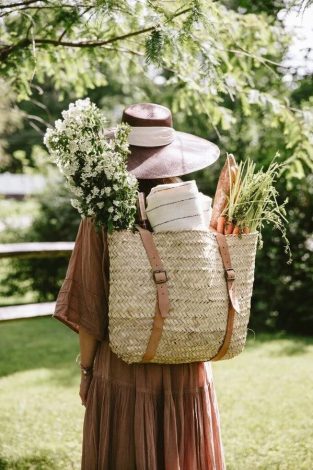
Personalized Garden Planning
Whether you’re planting a vegetable patch or designing a lush garden, our personalized garden planning service can help. Our team provides layout ideas, plant selection tips, and irrigation solutions tailored to your space, climate, and gardening goals.
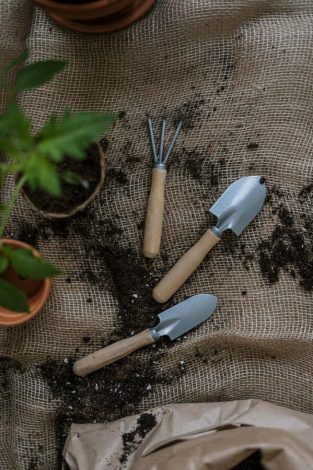
Workshops & Tutorials
Dive into hands-on learning with our range of workshops and video tutorials. From composting basics to advanced plant propagation techniques, we have something for everyone. Our workshops are both in-person and virtual, so you can participate from anywhere!
Flower & Vegetable Farming Insights
Interested in growing your own food or creating a colorful flower garden? Our farming insights guide you through the essentials—from selecting seeds to dealing with common pests and optimizing your yield. At https://www.lushflowerco.com.au our team shares tested techniques for vibrant flowers and healthy vegetables that thrive in diverse Australian regions.


Olivia Ruth
I’ve learned so much from We Can Grow It, especially in their forums. The community is supportive, and the advice is gold!
Discover Our Services
Sweet Valentine’s Hampers for Your Special Someone This Year
Soy Wax 464: The Ideal Choice for Eco-Friendly Candles
Same Day Flower Delivery in Sydney: How to Get Fresh Flowers Delivered Quickly
Luxury Candle Jars Wholesale: Elevate Your Candle Creations
How to Select the Perfect Wedding Flowers for Your Big Day
Florist Castlecrag: Fresh Arrangements for Every Style
Finding Reliable Candle Wax Suppliers for Your Business
Community Gardening: A (Good) Chicago Idea
Chatswood Florists: Sending Beautiful Bouquets to Your Loved Ones

Connect with Local Gardeners & Find Events Near You
We know that gardening is often more rewarding when shared with others. We Can Grow It offers a platform for gardeners across Australia to connect, share tips, and even find gardening buddies nearby.
Here’s how to get involved:
Join Our Online Community
Community Event Calendar
- Neighborhood Garden Networks
- Local Gardening Clu



